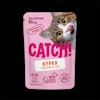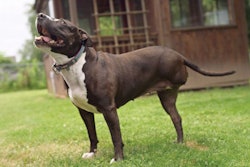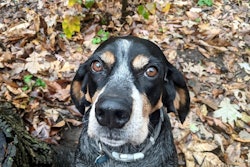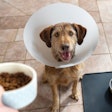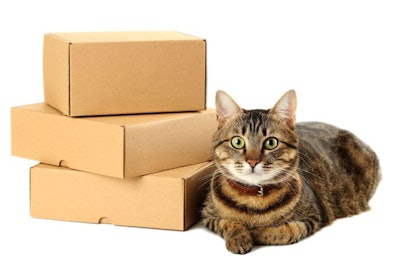
The Australian federal government has ordered the destruction of unregulated animal-based pet food, especially those coming in by mail, as part of its stricter biosecurity measures to prevent the spread of diseases in its territories.
After conducting a risk analysis of unregulated animal-based pet food through the mail, border authorities concluded that these goods present a biosecurity risk. Notice was therefore given to importers of animal-based pet food and departmental biosecurity officers at international mail centers that such goods, including rawhide dog chews, arriving by mail be destroyed effective October 17, 2022, with no option of re-export unless import conditions are met within 14 days.
Animal-based pet foods often contain beef, pork, lamb, chicken and fish. Unregulated animal-based pet foods arrive without meeting Australia’s biosecurity import conditions. They present a high animal biosecurity risk due to the possible presence of exotic pathogens that include infective agents for African swine fever, foot and mouth disease, and bovine spongiform encephalopathy.
The agriculture department that ordered the destruction policy for substandard imported pet food said it only applies to unregulated animal-based pet food that are coming in by mail and those with unclear ingredients. For pet food that are clearly non-animal-based like the vegetarian variety, the on-shore management requirements remain unchanged.
Deputy Secretary of Biosecurity and Compliance Chris Locke said substandard pet food can be a disease risk not only to pets but also to livestock and wild animals that get access to it.
The Australian Veterinary Association (AVA) quickly applauded the new biosecurity measures that will control the risk of disease associated with imported commercial pet food, pet treats and pet meats entering Australia.
The top veterinary body, which has been lobbying for years for all pet food industry stakeholders to follow a mandatory Pet Food Standard to ensure pet food quality and safety, see the new biosecurity measures on pet food as a step in the right direction.
“Moving from a voluntary standard to a mandatory one would guarantee that pet food meets a high standard of food safety and traceability,” said Dr Bronwyn Orr, president of the AVA. “It would also help to prevent potential contaminants from entering pet food and keep our pets safe.”
In 2018, Australia's Senate Enquiry into Pet Food Safety recommended a mandatory Pet Food Standard to ensure pet food quality and safety, but until today the national Australian Standard for the Marketing and Manufacture of Pet Foods (AS5812) remains voluntary.
The AVA, RSPCA Australia and the Pet Food Industry Association of Australia have all publicly called on the government to regulate pet food and make AS5812 mandatory.
